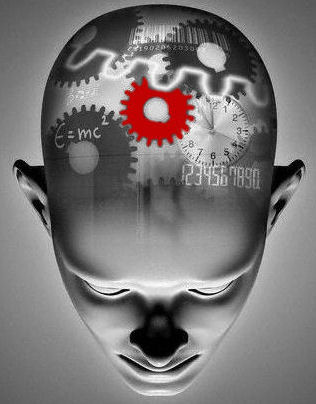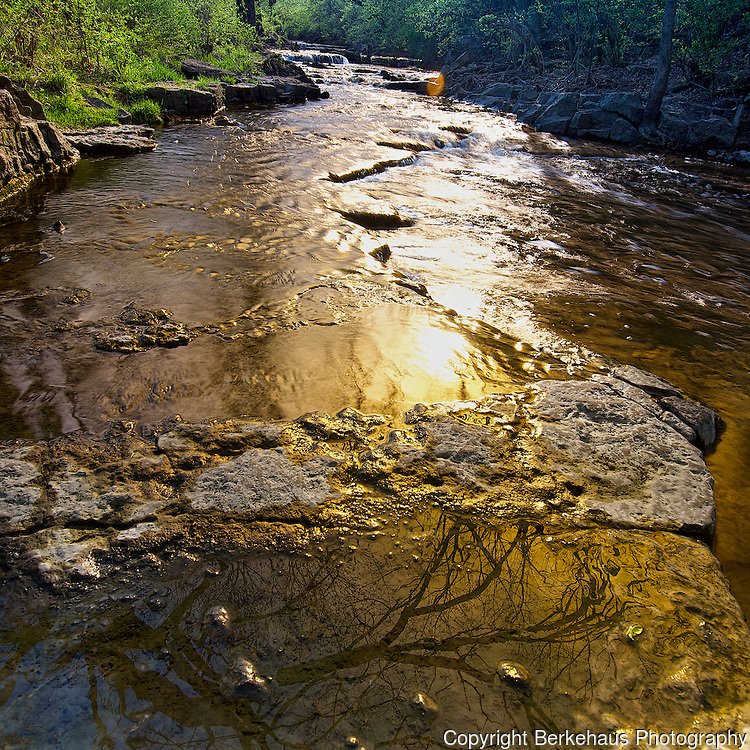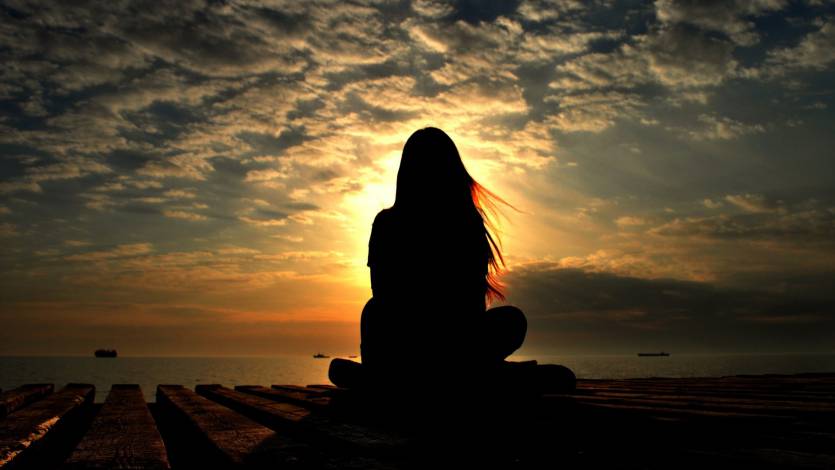When I was a young man, an elderly friend uttered a quip that stuck: It’s not that the devil is smarter than everyone else; it’s that it has so much more experience.
 To my mind and heart, experience is inextricably linked with pessimism. The more experience of the world I have, the more pessimistic I feel about the human prospect. I feel anyone who says otherwise is either dishonest or a fool.
To my mind and heart, experience is inextricably linked with pessimism. The more experience of the world I have, the more pessimistic I feel about the human prospect. I feel anyone who says otherwise is either dishonest or a fool.
That’s why it’s so important to not give experience priority, since the weight of experience of the past (and experience is always of the past) overwhelms the present and darkens the mind.
Only a nincompoop ‘treats the world as a friendly and hopeful place,’ and only a knave advises others to do so. Only a dunderhead says, ‘it’s never too late to learn from experience.’ And only a knave, feigning humility, speaks about how ‘life teaches you that you’re not the center of the universe, nor quite as talented or good as you thought.’
Experience and what is can appear to be the same thing, but they aren’t. Experience can reveal the dark shadow of the fact, but experience can never illuminate the fact directly, and free one from it.
Awareness isn’t a matter of ideals. The ideal is just a reaction from the real. Humans operating in terms of ideals have never fundamentally changed anything, and often just generated greater conflict and disorder.
To the extent that we accumulate experiences, our minds become dull and our hearts become shriveled. Experience has its place of course—it’s obviously necessary to learn a new skill, and to perform a function well.
Experience has nothing to do with the art of inward learning however. We accumulate experience automatically, but unlearn and learn non-accumulatively only through conscious awareness. This is what Jesus meant when he said, “Truly I tell you, unless you return and become like children, you can’t enter the kingdom of God.”
The more experience one accumulates psychologically, the harder it is to see afresh and remain innocent. So experience prevents learning and denies virtue. Accumulating experience is the antithesis of returning and becoming like children.
One of the things you learn early on when awakening meditative states is that the experience of insight, love and bliss yesterday is an impediment to experiencing the same things today.
The demand for more experiences arises out of boredom, insufficiency of spirit, and the wrong kind of emptiness. (There is emptiness that comes when one is saturated with the content of experience, and emptiness that comes with emptying the content of experience.)
I read a quote today that put it this way: 
Does the search for experience, which is really a demand for greater, fuller sensation, lead to reality? Or, is it a factor which cripples the mind?
The current fad is to place emphasis on acquiring experiences over acquiring things. But the attitude of acquisitiveness is the same in both cases. Ending acquisitiveness is what matters in living a good life–not whether one accumulates money or experiences.
Besides, there is no surer way of dulling the senses and the mind than the pursuit of sensations and experiences.
The days are noticeably shorter. Dusk begins to descend, though shafts of sunlight illuminate patches of foliage. Despite wildfires in the area that give the sky an opaque, orangish hue, there’s an alpenglow in the tops of the trees.
A female mallard slowly makes her way upstream, foraging along the bottom of the shallow creek. She has no chicks in tow—they’re probably grown and gone already. She seems oblivious to the human sitting a few feet away as she passes, though I’m sure she isn’t.
After passively watching everything flow by outside and inside at streamside, the mind spontaneously quiets. It’s always unexpected when it happens. Then why do I take the time to meditate, if I don’t expect this result?
Growing up in a repressive home, I’ve always felt a sense of beauty, joy and peace in nature. Also, at a basic level, an hour in nature each day has become a physically felt urge for quiet, order and balance, rather than a mental motivation or idea.
At a deeper level, as soon as I go outdoors now, I’m reminded that the earth and the present are our only true grounding and home.
When there is no division in observation, one realizes that there is no individual consciousness; there is only human consciousness, and one’s portion of it.
Observing its movement within oneself without interference or reaction, man’s increasingly disordered, dark consciousness ends, and there’s another order of consciousness altogether.
Isn’t that what freedom truly is?
Martin LeFevre

